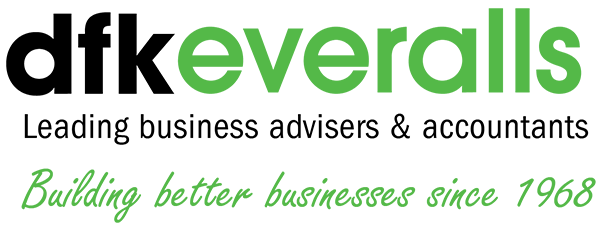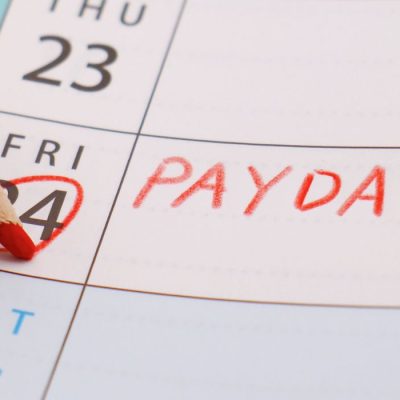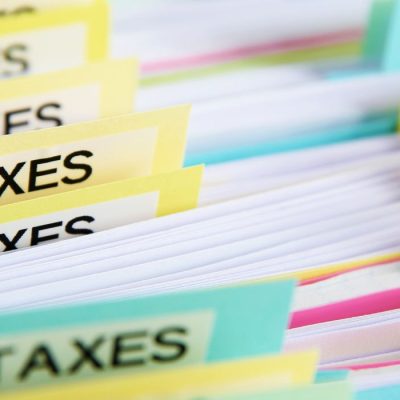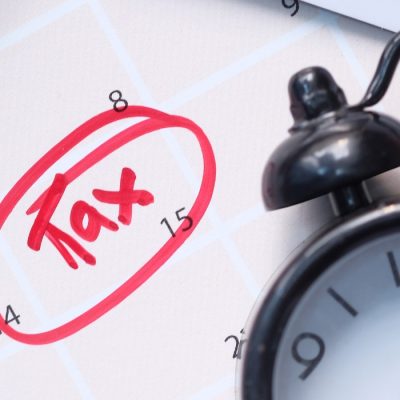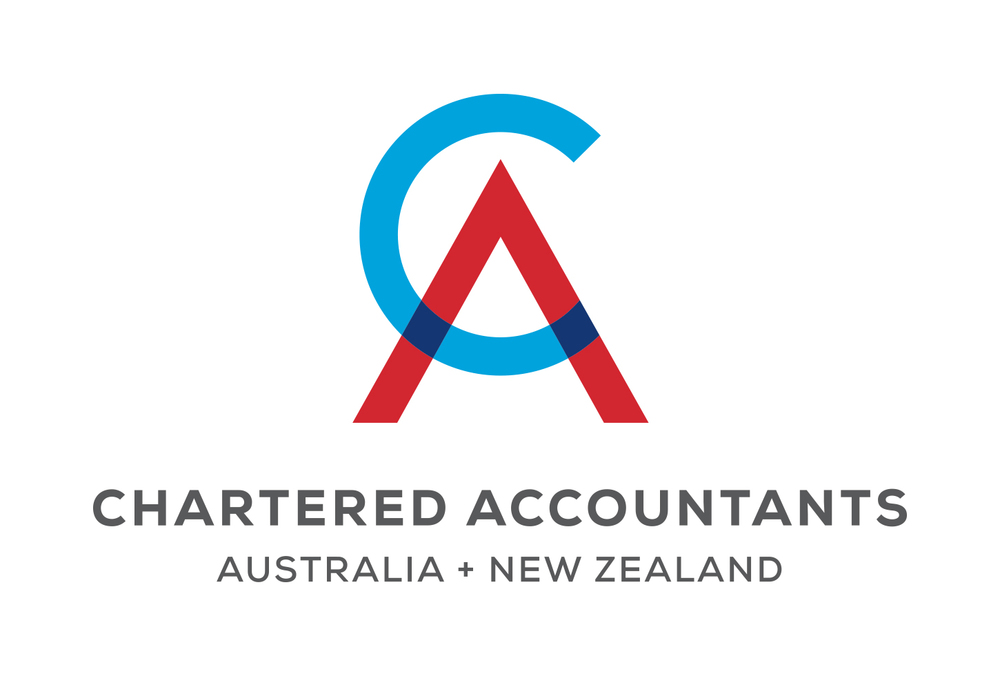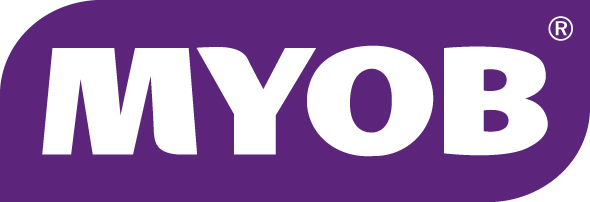As the End of Financial Year (EOFY) rolls around, it’s time to make sure your records are in order—whether you’re running a business, managing a self-managed super fund (SMSF) or Trust, or just sorting your personal finances.
Good record-keeping isn’t just about ticking boxes; it’s about maintaining accurate and up-to-date records. It helps you make confident financial decisions, avoid mistakes, and take advantage of every opportunity available to you. Here’s what you need to know.
For Investments (capital gains)
What You’ll Need:
- All of your purchase details, including the amount paid, date, cost, stamp duty, legal fees, contracts, settlement statements, building report fees, and brokerage fees, etc.
- Details of any capital improvements, eg renovations & extensions
- If the property is not income producing (eg block of land or holiday house), all holding costs, eg Council rates, taxes, including water rates, insurance, interest on loans and repairs & maintenance
- Sale costs, eg contract, settlement statement, legal fees, valuation fees, real estate agent fees/brokerage fees and advertising fees.
- You need to keep ALL of these records for at least 5 years from the date of lodgement of the tax return in which the capital gain is declared.
- If the sale resulted in a capital loss, then at least 5 years from the date of the lodgement of the tax return in which that capital loss was used up!
- Suppose you were able to roll over the capital gain to a future year (e.g., some company de/mergers or using the Small Business Entity concessions). In that case, you need to keep the records for at least 5 years from the date of lodgement of the tax return in which the capital gain was eventually declared.
For Depreciable Assets
Depreciable assets can include:
- Rental property items like carpets, curtains, aircon, HWS, et.;
- Work-related equipment for employees, like computers or home office furniture, and equipment used in a business
- Motor vehicles used for work/business purposes.
What You’ll Need:
- Copies of purchase invoices, including the date, cost, item description, etc.
- You need to keep these records for at least 5 years from the date of lodgement of the LAST tax return in which depreciation on the item was claimed.
For Businesses
Keeping accurate business records isn’t just a legal requirement—it’s a smart way to stay on top of your performance. Accurate and complete records allow you to:
- Monitor the health of your business and know whether your business is running at a profit or a loss
- Make sound business decisions
- Keep track of the money you owe and the money owed to you
- Monitor your cash flow to help you make payments on time
- Demonstrate your financial position to lenders, businesses, tax professionals and prospective buyers
- More easily meet your tax, super and employer obligations, including preparing and lodging your returns, BAS, and taxable payments annual report (if you are a business that is required to)
- Avoid penalties that may apply for failing to keep records
- Provide the necessary information if the ATO, State Payroll Tax Authorities, or your Workers’ Compensation insurance provider decides to audit your business, making the process easier and shorter.
What the ATO Requires:
- Keep records of all income and expenses, including invoices, receipts, and contracts.
- Keep records of your annual stock take.
- Store them securely (can’t get water damaged or mouse eaten!); make sure they can’t be tampered with; and if electronic, make sure that they are stored in a format that will easily be readable in say 5 years eg Excel or PDF (not in the format of software you don’t have access to anymore!); and don’t forget any passwords.
- Ensure that records are in English or can be easily translated.
- Be able to provide them if the ATO asks.
- Keep most records for at least 5 years from the date of lodgement of the tax return they were declared in, but note that there are different dates for:
- fringe benefits tax (FBT) records – the 5 years start from the date you lodge your fringe benefit tax (FBT) return
- records for super contributions for employees – the 5 years start from the date of the contribution
- Records for super fund choice for your employees – the 5-year period starts from the date of employee engagement or when an employee is offered, chooses, or changes their choice of fund.
Our Tips:
- Use cloud accounting software to keep everything organised and save electronic copies of your documents to the relevant transaction entry for easy access.
- Back up your data regularly in a safe place.
- Keep digital and paper records easily accessible.
- Make EOFY checklists part of your annual routine.
For Individuals
Whether you’re an employee or earning income through investments or property, good records make tax time a breeze.
Keep These On File:
- Income details, including interest, dividends, and rental income. Dedication details, including work-related expenses, donations, and income protection insurance
- Capital gains details including purchase, holding, improvement and sale costs.
- Health insurance and private cover details
Hold onto everything for 5 years after you lodge your tax return (not EOFY).
For SMSFs
Managing a Self-Managed Super Fund comes with more responsibility—and more paperwork. But it doesn’t have to be overwhelming.
What You’ll Need:
- Details of income & expenses
- Investment strategy and trust deed
- Annual Financial Statements & Tax Returns
- Contribution records including Notices of Intention to Claim;
- Pension or lump sum requests and payment details.
- Trustee meeting minutes and decisions
- Property or asset purchase and revaluation details
Income and expenses details need to be kept for 5 years, but trustee minutes & investment strategies need to be held for 10 years. If in doubt, keep it!
For Trusts
Whether you are operating a business out of your Trust or it’s an investment vehicle, you need to keep appropriate records.
What You’ll Need:
- Annual Trust Profit Distribution minutes (signed before 30 June )
- Annual Income & expenses details
- Investment purchase & sale details.
- Trust deed and any amendments
- Trustee meeting minutes and decisions
Income and expenses details need to be kept for 5 years, but trustee minutes need to be held for 10 years. If in doubt, keep it!
Need Help Getting Sorted?
Record keeping can feel overwhelming—but it doesn’t have to. At DFK Everalls, we’re here to guide you through it, providing practical advice tailored to your specific situation.
- Book your EOFY Review or tax planning meeting with us.
- Ask us about more innovative record-keeping solutions
- Get in touch for SMSF support
Let’s work together to ensure you don’t have any record-keeping headaches this EOFY or in the future.
